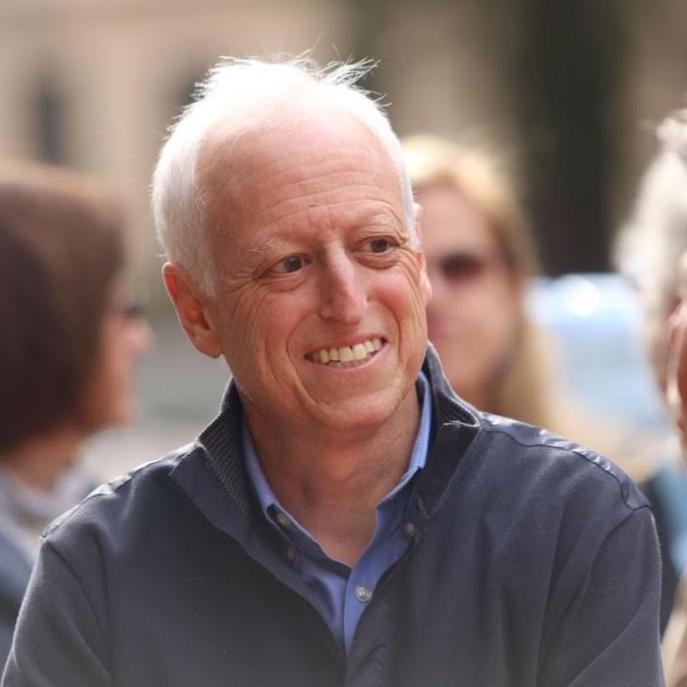Gregory Rosston

Gordon Cain Senior Fellow, SIEPR Director, Public Policy Program, and Professor of Economics (by courtesy)
Gregory L. Rosston is Director of the Public Policy program at Stanford University, the Gordon Cain Senior Fellow at the Stanford Institute for Economic Policy Research, and Professor of Economics (by courtesy). He teaches Economics and Public Policy courses on competition policy and strategy, economic policy analysis, and writing and rhetoric.
Dr. Rosston served as Deputy Chief Economist at the Federal Communications Commission working on the implementation of the Telecommunications Act of 1996 and helped to design and implement the first ever spectrum auctions in the United States. In 2011, he was Senior Economist for Transactions for the Federal Communications Commission for the proposed AT&T – T-Mobile transaction. He co-chaired the Economy, Globalization and Trade committee for the 2008 Obama campaign and was a member of the Obama transition team on economic agency review and energy policy. He served as a member and co-chair of the Department of Commerce Spectrum Management Advisory Committee from 2010 – 2014.
Dr. Rosston received his Ph.D. in Economics from Stanford University and his A.B. with Honors in Economics from University of California at Berkeley. Dr. Rosston has written extensively on the application of economics to telecommunications issues. He has advised companies and governments regarding auctions in the United States and other countries and served as a consultant to various organizations including the World Bank and the Federal Communications Commission, and as a board member and advisor to high technology, financial, and startup companies in the areas of auctions, business strategy, antitrust and regulation. He serves as Chairman of the Board of the Stanford Federal Credit Union, as a Board member of the Nepal Youth Foundation and as an Advisory Board member of Sustainable Conservation and the Technology Policy Institute.